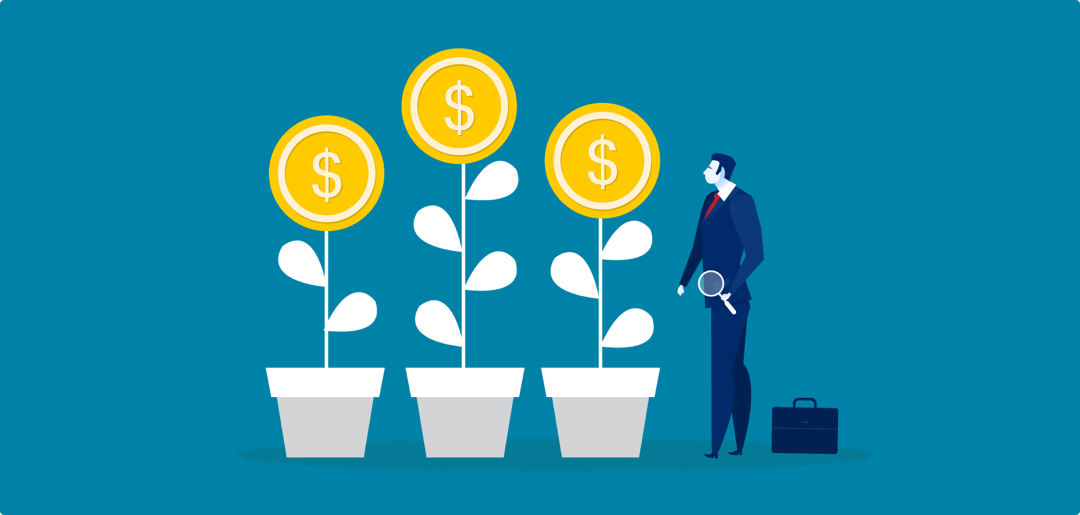Types of investments

Traditional Asset Classes
Stocks
When you purchase stocks, you are getting partial ownership of a company. Investors buy stocks in companies they believe will go up in value over time, giving investors exposure to the companies future profits.
Bonds
Interest generating loan to a government or company. In simple terms, if you buy a bond, just think of yourself as a bank. You loan your money to a company or government – and they promise to pay you back in full, with regular interest payments.

Cash Equivalents
Low risk, low return, highly liquid, short-term investments such as Treasury bills and Certificates of Deposit. Money market funds are an example of an investment vehicle made up of cash equivalents. These funds are especially useful when you are looking to invest your short term cash on hand or your emergency fund.
Alternative Asset Classes
Real Estate
Real estate investing involves the purchase, ownership, management, rental and/or sale of real estate for profit. This can be done directly by physically purchasing a property yourself or indirectly by investing in a passive structure such as a REIT.
Private Equity
Investing directly in private companies not available on public exchanges.

Commodities
Raw material or primary agricultural product that can be bought and sold such as gold and coffee beans. Commodities fall into 3 categories: Metal, Energy and Agriculture.
Hedge Funds
Actively traded investment funds that trade relatively liquid assets and employ various investing strategies to earn a higher return.
You Can Invest In These Asset Classes In A Variety Of Different Ways
Mutual Funds
Typically actively managed portfolios, pooling money together with other investors to purchase a collection of stocks, bonds, or other securities.
Index Fund
A type of passive mutual fund. Instead of paying a manager to pick investments, it matches the holdings of an Index such as the S&P 500.
EFTs
Collection of securities, such as stocks, typically tracking an underlying index. ETFs are different to index funds and mutual funds as they are traded on an exchange with price fluctuations throughout the day, while mutual funds and index funds are priced once a day at the end of each trading day.